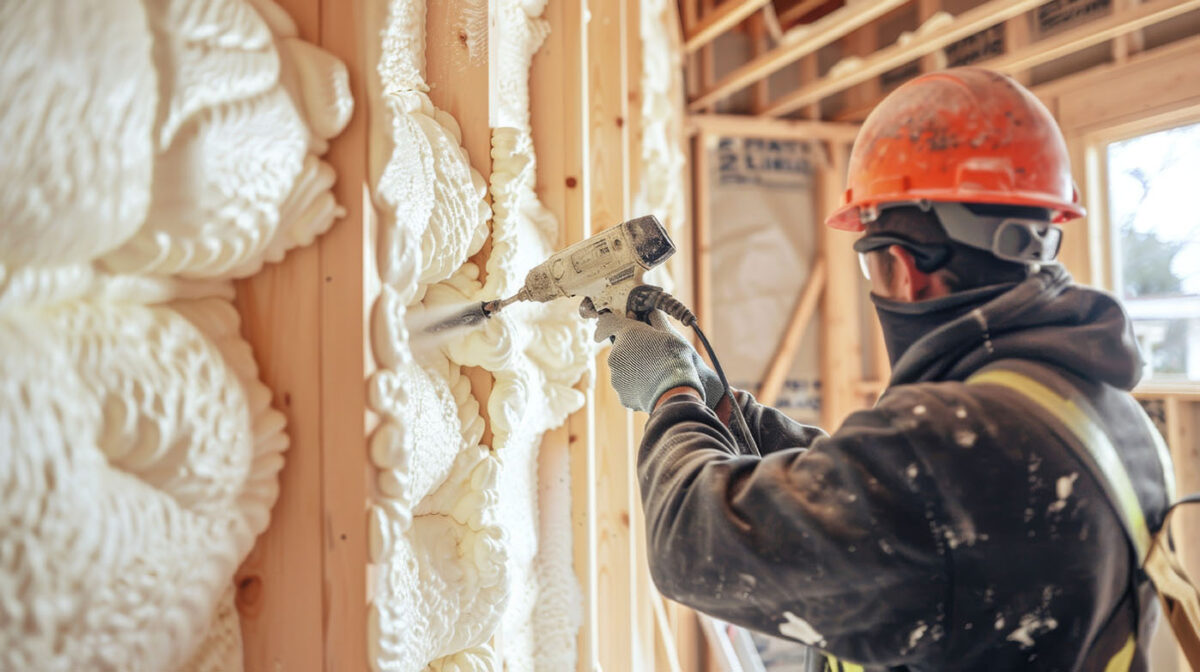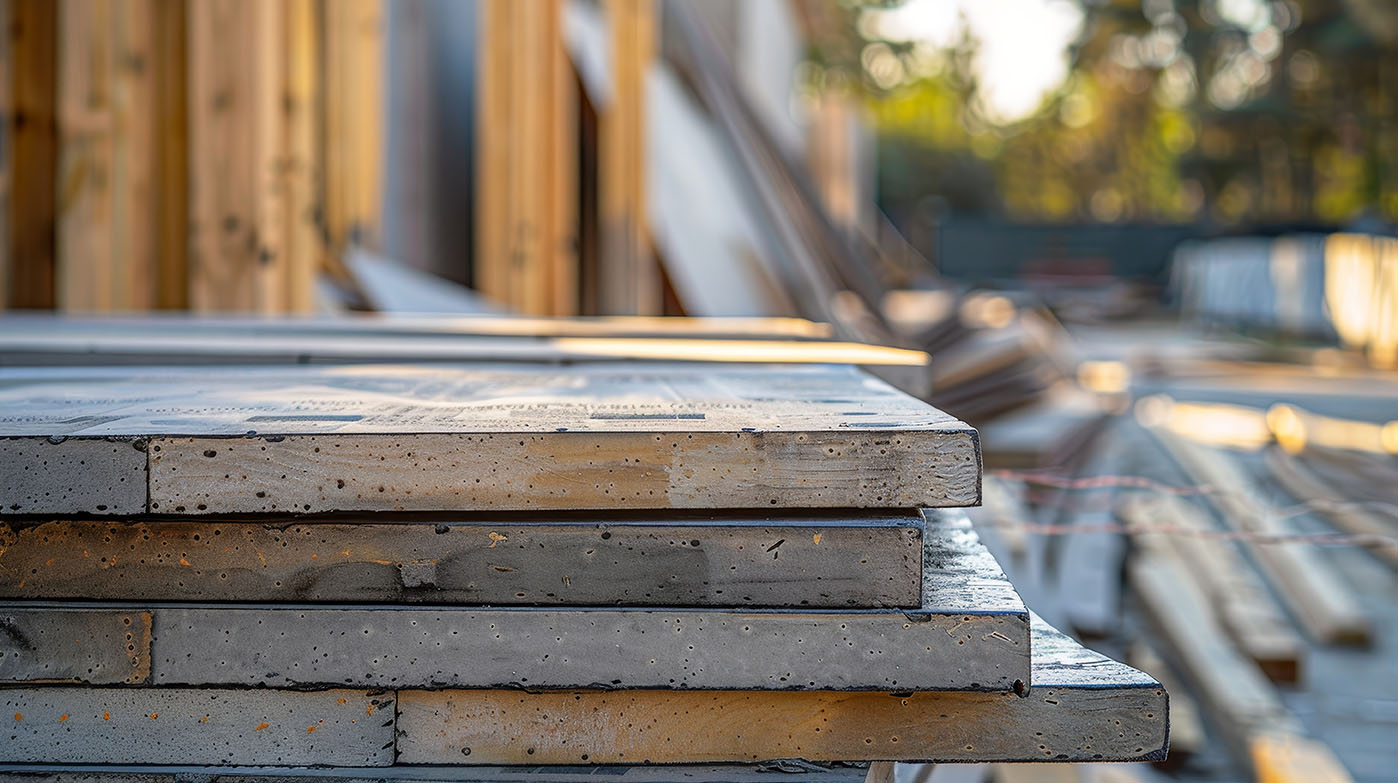Five Benefits of Foam Plastic Insulation

Foam plastic insulation offers numerous benefits, making it an excellent choice for a variety of applications.
Plastic foams are used for insulation purposes because of their significant advantages. This article is based on the FAQ sheet by the American Chemistry Council, highlighting the main benefits.
You can also read: Aqueous Film-Forming Foam (AFFF) Legislation in The United States
Energy Efficiency
Its superior thermal performance is a primary advantage, providing excellent thermal resistance (R-value) -R-value measures the ability of insulation to resist the flow of heat.This high R-value helps maintain indoor temperatures, reducing heating and cooling costs effectively. Additionally, foam insulation significantly enhances energy efficiency by minimizing heat loss and gain, leading to substantial savings on energy bills.
Health and Air Quality
Foam plastic insulation resists moisture, which reduces the risk of mold and mildew growth. This moisture resistance ensures that the insulation maintains its properties even in damp conditions. In addition to moisture resistance, foam insulation acts as an effective air barrier. It prevents drafts and air leakage, improving indoor air quality and overall comfort.
Structural Integrity

Many common alternatives have been found to offer lower R-values and are less effective at managing air leakage and moisture intrusion compared to foam plastic insulation and sealants.
Furthermore, foam insulation adds rigidity and strength to building structures. This additional structural integrity can enhance the durability and lifespan of buildings. Available in various forms, foam insulation offers installation versatility, suitable for new constructions, renovations, and retrofitting projects. This flexibility ensures that it can meet a wide range of building requirements and conditions.
Safer Flame Retardants
Modern foam insulations are made with eco-friendly blowing agents, contributing to lower greenhouse gas emissions. This environmental impact is a critical consideration for many builders and homeowners seeking sustainable solutions. Some foam insulations are also formulated with fire retardants, meeting fire safety standards and regulations. This fire safety aspect adds an extra layer of protection for building occupants. There has been increasing concern about the flame retardants used in these types of foams. However, regulations have evolved to protect the community from hazardous substances in household products.
Acoustic Insulation
Another notable benefit of foam insulation is its acoustic insulation properties. It provides soundproofing benefits, reducing noise transmission and creating quieter indoor environments. This feature is particularly important in residential and commercial buildings where noise control is crucial. Additionally, foam plastic insulation has a long service life, maintaining performance over time with minimal maintenance.
Plastic vs Alternative Materials
Banning foam plastic insulation and air sealing materials in favor of other insulating materials could negatively impact the environment. Many common alternatives offer lower R-values and fail to manage air leakage or moisture intrusion as effectively as foam plastic insulation and sealants. This can lead to increased energy waste, higher exposure to asthma-inducing outdoor contaminants, and elevated greenhouse gas emissions due to greater heating and cooling demands.
Foam plastic insulation offers a wide range of benefits that make it an attractive option for various applications. Its excellent thermal performance, energy efficiency, and moisture resistance are just the beginning. The material’s air sealing capabilities, structural integrity, and installation versatility further enhance its appeal. Moreover, modern formulations ensure environmental friendliness and fire safety, while acoustic insulation properties add to its functional advantages. With its longevity and durability, foam plastic insulation proves to be a reliable and cost-effective solution for improving building performance and comfort.
